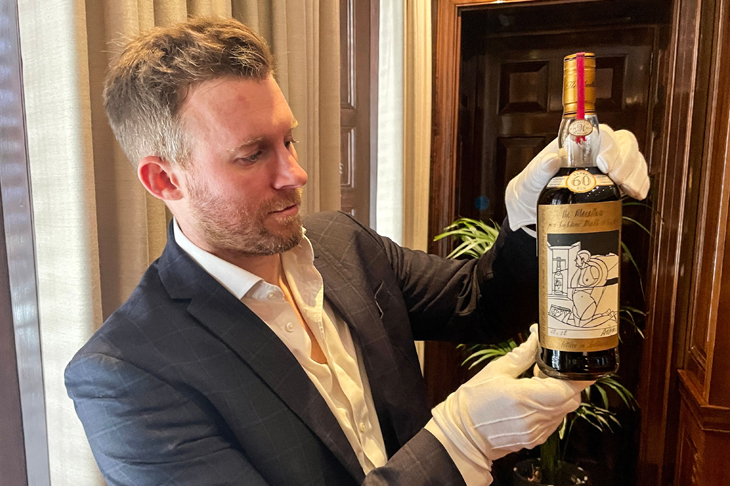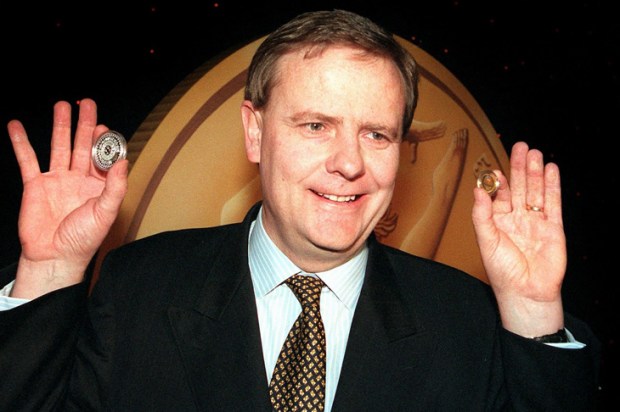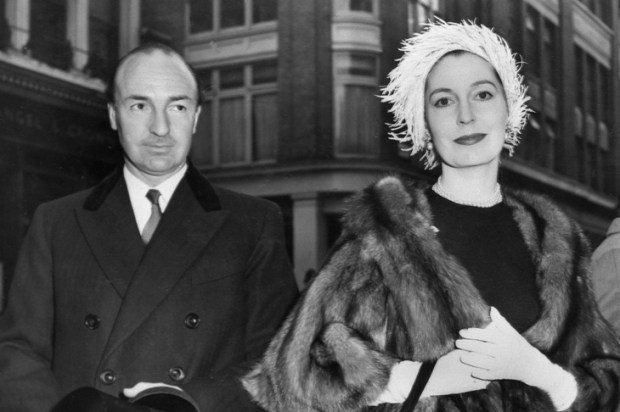I hope you will allow me, just for this week, to mention an essentially personal matter. On 19 March, I celebrated my diamond jubilee, sixty years as a barrister. On that day in 1964, I signed the Victorian Bar roll and became a barrister. It was so simple. I went to the Bar office which had a staff of two, took an oath to behave myself, signed the roll and then started learning the craft, or ‘reading’ as we called it, with my new master, Ninian Stephen, while I drummed up some work.
Already a subscriber? Log in
Subscribe for just $2 a week
Try a month of The Spectator Australia absolutely free and without commitment. Not only that but – if you choose to continue – you’ll pay just $2 a week for your first year.
- Unlimited access to spectator.com.au and app
- The weekly edition on the Spectator Australia app
- Spectator podcasts and newsletters
- Full access to spectator.co.uk
Unlock this article
You might disagree with half of it, but you’ll enjoy reading all of it. Try your first month for free, then just $2 a week for the remainder of your first year.















Comments
Don't miss out
Join the conversation with other Spectator Australia readers. Subscribe to leave a comment.
SUBSCRIBEAlready a subscriber? Log in